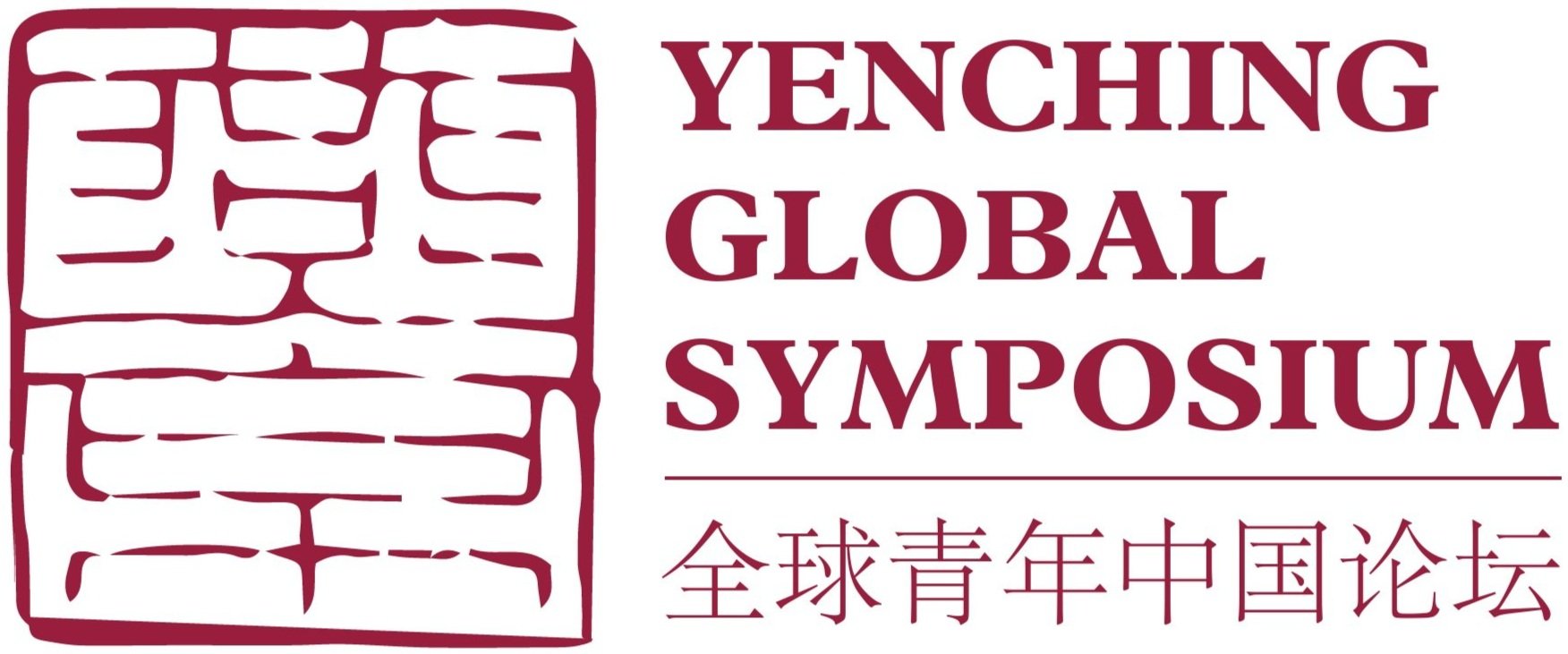Renaissance: China's Journey in a Global Future
April 12-15, 2018
Program Overview
Centuries ago, a web of historical, social, and technological forces sparked a movement that vastly reimagined the human experience. The Renaissance produced an immense exchange of goods and ideas, resulting in new forms of philosophy, art, economics, and politics.
Today, great currents of development and progress are once again in motion. Yet the locus of change has shifted. Ancient paths are being redrawn with projects such as China’s Belt and Road Initiative, while all eyes have turned to the country’s rise. A new Renaissance is taking place, and it is defining China’s journey in a global future.
In Chinese, Ren implies many ideas, four of which resonate with the essence of this conference.
人(rén)
People
How does a global society with distinct ancestries and cultures build toward shared prosperity and a common future?
认(rèn)
Cognition
To what extent do nations understand and respect each other’s complexities?
任(rèn)
Responsibility
What duties does China envision for itself in a globalized future, and what does the world expect from China?
仁(rén)
Benevolence
What influence do Chinese philosophy and culture have on China's increasing soft power?
With the world at a crossroads, China has become an undeniable player in shaping tomorrow. The Yenching Global Symposium 2018 was a journey to explore this global change at its nexus.
program details
Held on Peking University’ historic campus in Beijing, this four-day, fully-funded event invited prominent Chinese and international scholars with a noted passion for China in their work and research, along with leading professionals from a wide range of fields. These young minds from around the world converged for the 2018 Symposium, Renaissance: China’s Journey in a Global Future. In a rapidly shifting global arena, Renaissance was an exploration of China’s multi-faceted revival.
Renaissance: China's Journey in a Global Future took place April 12th - 15th, 2018, and included keynote speakers, panels of academics and practitioners, hands-on activities, site visits, and cultural immersion programming. Selected delegates received free travel and accommodation to Beijing for the length of the conference.

